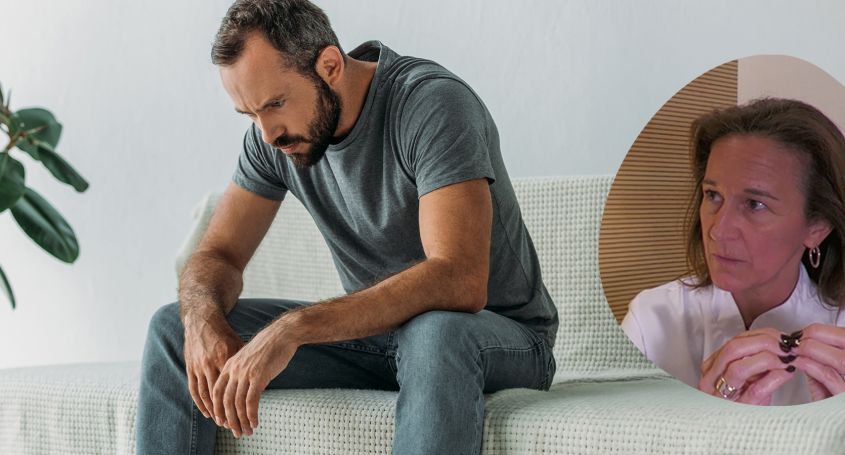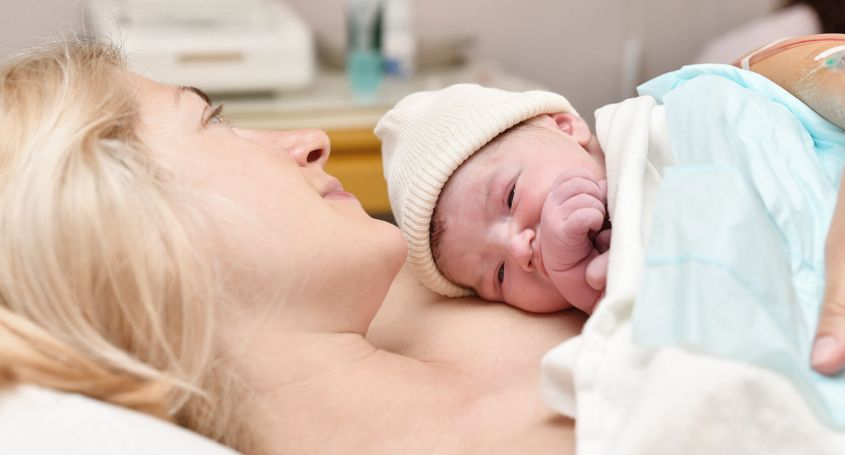Interview with Dr. Olga Serra
Many women and men who are trying to conceive wonder when it is necessary to see a fertility specialist. Although each case is unique, factors such as age, time spent trying to conceive, and medical history can influence the likelihood of achieving pregnancy naturally. Knowing the initial tests and steps to take in case of difficulties is key to making informed decisions and acting in a timely manner.
To clear up any doubts about when and how to start a fertility study, we have the expertise of Dr. Olga Serra, a gynecologist specializing in fertility and assisted reproduction . In this interview, we explore diagnostic tests, the importance of ovarian reserve , and recommendations for optimizing fertility before starting treatment.
1. When is a woman and/or man considered to have fertility problems and should see a specialist?
The fertility rate in humans is 20%. Subfertility is considered to exist when a couple does not achieve pregnancy after 6 months of trying, and infertility when they have been trying for a year. Couples who have no risk factors and do not achieve pregnancy after 1 year of trying are advised to see a specialist in assisted reproduction, and to consult beforehand if there are any risk factors, such as the woman being over 38 years of age, endometriosis, menstrual cycle disorders, etc.
2. What are the first tests performed to assess female and male fertility?
The basic infertility study includes, in women, an ultrasound scan and a blood test to assess, among other things, the ovarian reserve. In men, it consists of a semen analysis and a blood test. Depending on the results and the clinical context, other tests may be recommended to help complete the diagnosis.
3. What is secondary infertility and why does it occur in women or couples who have already had children?
Secondary infertility is infertility that occurs in a couple who have previously conceived without difficulty.
There can be many causes of secondary infertility, as any condition that occurs after childbirth and reduces a couple's fertility can explain secondary infertility, from a tubal factor due to an operation or infection after childbirth to a decrease in the quality of the semen sample, but the most common cause is the woman's age. The age at which women have their first child is getting later and later, and this also delays the time when they try for subsequent pregnancies. Women's fertility declines with age and, in fact, in our environment today, a woman's age is the most important cause of primary and secondary infertility.
4. How do age and ovarian reserve influence decisions about fertility treatments?
The ovaries are not capable of producing eggs. We are born with all the eggs we will ever have, and we begin to lose them even before we are born, so the older we are, the fewer eggs we have. Although this premise is true, there are women who, despite being young, have few eggs, and older women who are lucky enough to have many eggs. The study of ovarian reserve gives us an idea of the number of eggs a woman has at a given time.
On the other hand, eggs are the same age as us, so they age and lose quality. The most important cause of egg quality loss is genetics. With age, the risk of ovulating eggs with an incorrect number of chromosomes increases, which will lead to embryos with chromosomal abnormalities. Abnormal embryos usually stop developing, resulting in a period if they stop before the pregnancy test, a miscarriage if they stop after, and only when they do not stop can they result in a child with a chromosomal abnormality.
We know that egg quality depends on age and not on ovarian reserve, which is why test results must always be assessed in the context of the age of the egg. The same results will recommend different techniques depending on the length of infertility and the woman's age.
5. Are there any general recommendations for improving fertility before trying to conceive?
Anything that contributes to improving our reproductive health will improve our chances of pregnancy. Following a healthy diet, exercising, having good habits, avoiding toxins, reducing stress, etc.
There are some vitamins and nutrients that are essential for fertility and are not always obtained in sufficient quantities through a good diet. For this reason, supplements are recommended, not only for women but also for men, to ensure adequate levels.
And finally, although it may seem obvious, the frequency of sexual intercourse is an important factor that is not always taken into account.
Early diagnosis and appropriate medical support can make all the difference on the road to motherhood or fatherhood. We would like to thank Dr. Olga Serra for sharing her knowledge and helping us to better understand when it is time to consult a specialist. At Barcelona IVF , we remain committed to offering personalized care and the best solutions for those who wish to start a family.


















